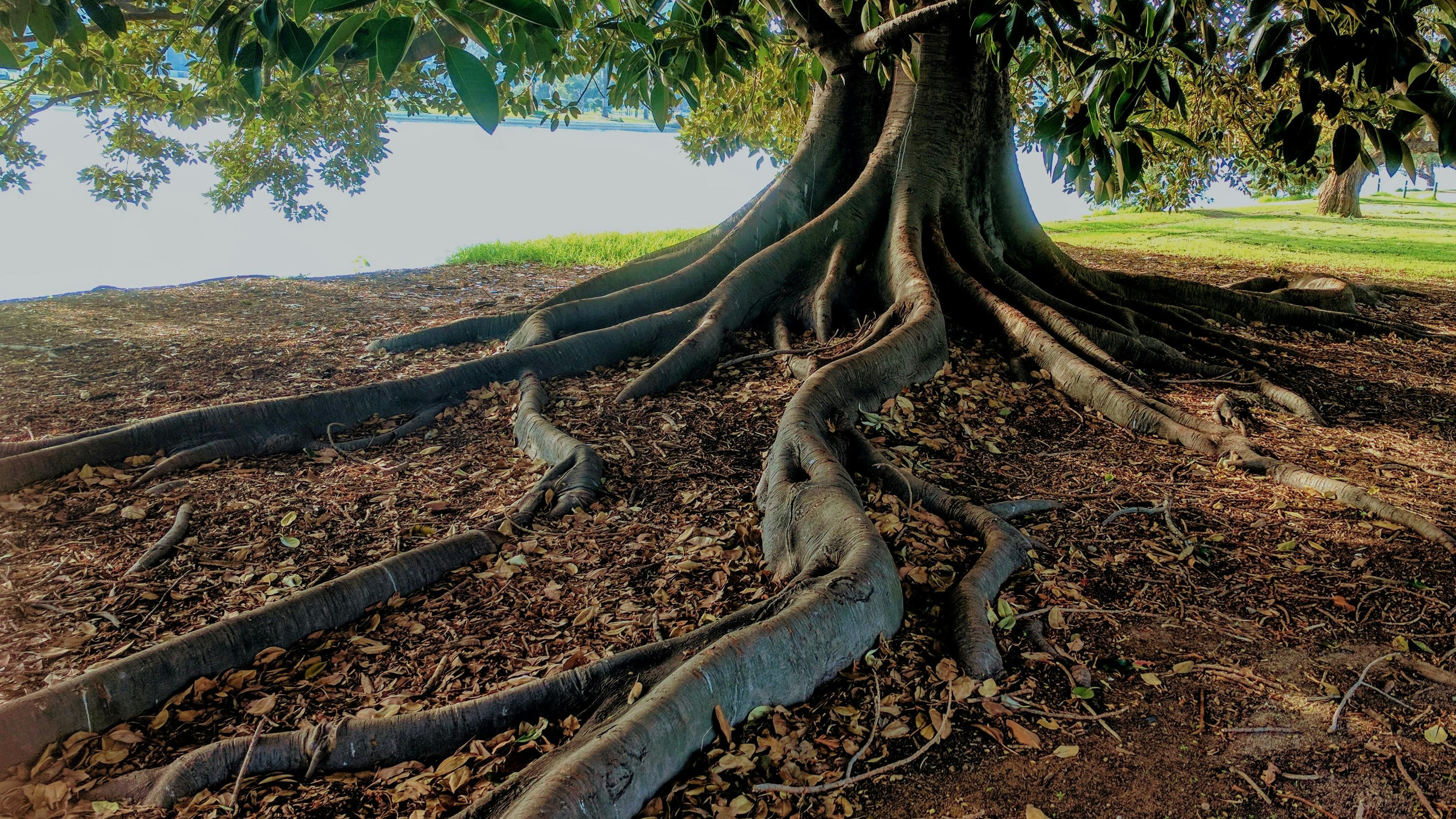Tree Care CT
Choosing the right tree for your yard is an important decision that can enhance the beauty, value, and functionality of your outdoor space. Whether you're looking to add shade, improve privacy, or simply beautify your landscape, selecting the right tree requires careful consideration. Here are some top tips to guide you in choosing the perfect tree for your yard, tree care CT:
1. Understand Your Yard's Conditions
Before selecting a tree, it's crucial to understand the specific conditions of your yard. Consider factors such as soil type, drainage, sunlight exposure, and space availability. Connecticut's diverse climate means you should also consider the hardiness zone (generally zones 5-7) to ensure your chosen tree can thrive in the local environment.
2. Determine the Purpose of the Tree
Identify the primary purpose of planting a tree in your yard.

Are you looking for shade, privacy, ornamental beauty, or perhaps a windbreak? Different trees serve different functions, and understanding your goal will help narrow down your options.
3. Consider the Tree's Mature Size
One of the most common mistakes homeowners make is not considering the mature size of a tree. A tree that seems perfectly sized when planted can quickly outgrow its space, leading to potential issues with power lines, buildings, or other structures. Research the expected height and spread of the tree at maturity to ensure it fits well within your yard.
4. Choose Native Species
Opting for native tree species is highly recommended for Connecticut homeowners. Native trees are adapted to the local climate, soil, and pests, making them easier to care for and more likely to thrive. Some popular native trees in Connecticut include the Eastern Redbud, Sugar Maple, and White Oak.

5. Evaluate Maintenance Needs
Different trees have varying maintenance requirements. Consider how much time and effort you're willing to invest in tree care CT. Some trees may require regular pruning, pest control, or leaf cleanup. For those seeking low-maintenance options, look for species known for their resilience and minimal care needs.
6. Assess Seasonal Interest
Think about how the tree will look throughout the year. Some trees offer stunning spring blossoms, while others provide vibrant fall foliage. Evergreen trees, such as pines and spruces, provide year-round greenery. Decide which seasonal attributes are most important to you and choose a tree that offers those benefits.
7. Check for Disease Resistance
In Connecticut, certain tree species are more susceptible to diseases and pests. When selecting a tree, research its resistance to common local issues such as the Emerald Ash Borer or Dutch Elm Disease. Opting for disease-resistant varieties can save you time and money on treatments and replacements.

8. Plan for Wildlife
If attracting wildlife is important to you, choose trees that provide food and habitat for local fauna. Trees like the Serviceberry and American Holly offer berries for birds, while the Red Maple's dense foliage provides excellent nesting sites.
9. Consider Root Systems
The root system of a tree can significantly impact your yard's landscape, particularly if you have nearby structures, sidewalks, or driveways. Some trees have aggressive root systems that can cause damage to foundations or underground utilities. Research the root behavior of your chosen tree and ensure it won't pose a risk to your property.
10. Consult with Professionals
When in doubt, consult with a tree care CT professional or arborist in Connecticut. They can provide valuable insights and recommendations based on your specific yard conditions and goals. Professionals can also assist with proper planting techniques and ongoing care to ensure your tree's health and longevity.

11. Plan for Growth and Spacing
Proper spacing is crucial to prevent overcrowding and competition for resources. Plan for the tree's growth by allowing enough space between it and other plants or structures. This consideration will help ensure that your tree care CT has adequate access to sunlight, water, and nutrients.
12. Factor in Climate Change
As climate patterns shift, it's important to consider the long-term viability of your chosen tree species. Some trees may struggle with changing temperatures and precipitation levels. Research climate-resilient species that are more likely to adapt to future conditions in Connecticut.
13. Explore Aesthetic Options
Finally, consider the aesthetic appeal of the tree. The shape, color, and texture of a tree can significantly influence the overall look of your yard. Whether you prefer the classic symmetry of a Tulip Tree or the whimsical form of a Weeping Willow, choose a tree care CT that complements your landscape design.
Tree Care CT Conclusion
Selecting the right tree for your yard is a rewarding endeavor that requires thoughtful planning and consideration. By understanding your yard's conditions, defining your tree's purpose, and considering factors like maintenance, size, and aesthetics, you can make an informed decision that enhances your property for years to come. For residents in Connecticut, optimizing your choice for local conditions and consulting with Tree Care CT professionals can further ensure the success and longevity of your new tree. Happy planting!
 Add Row
Add Row  Add
Add 




Write A Comment